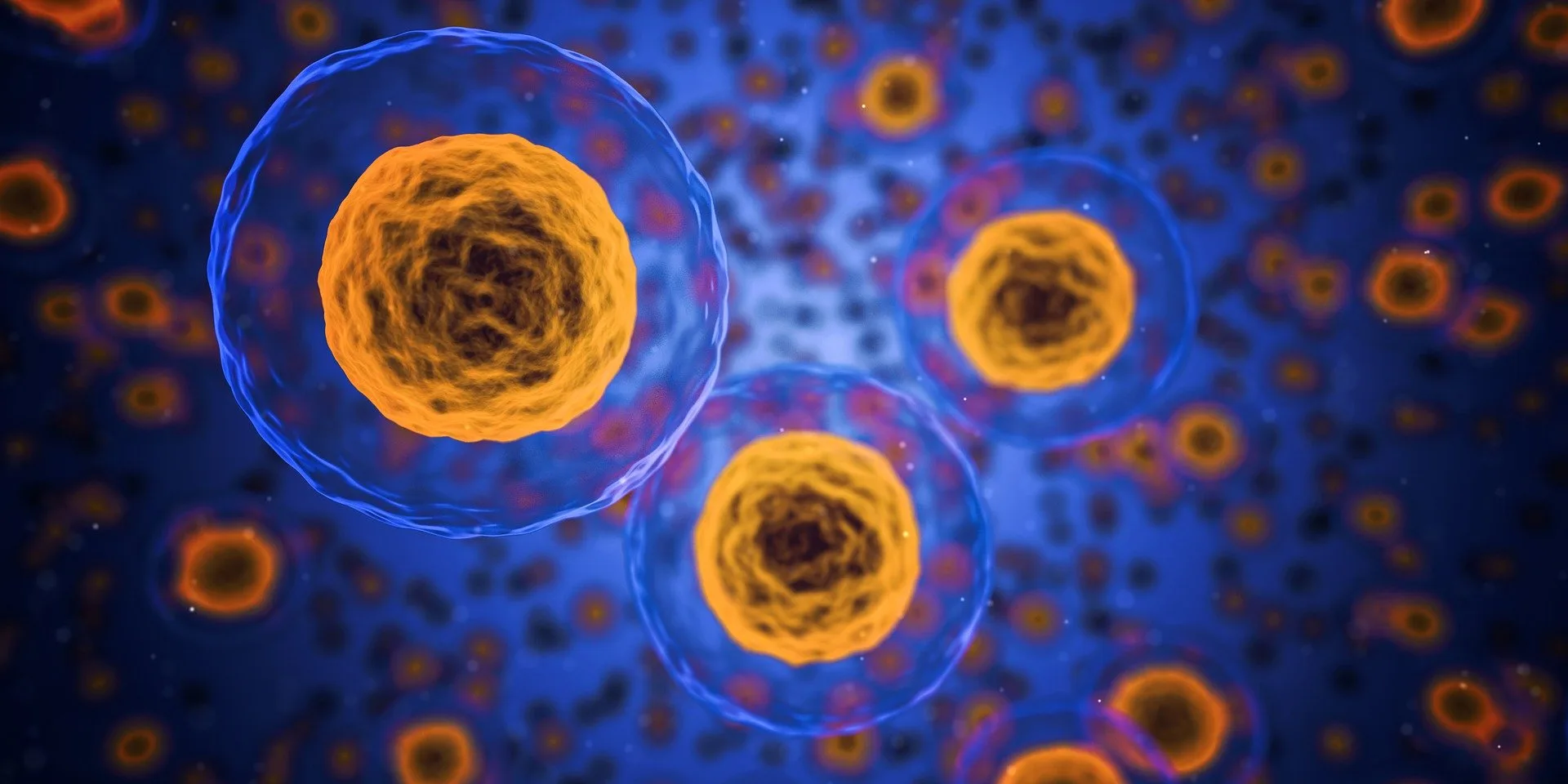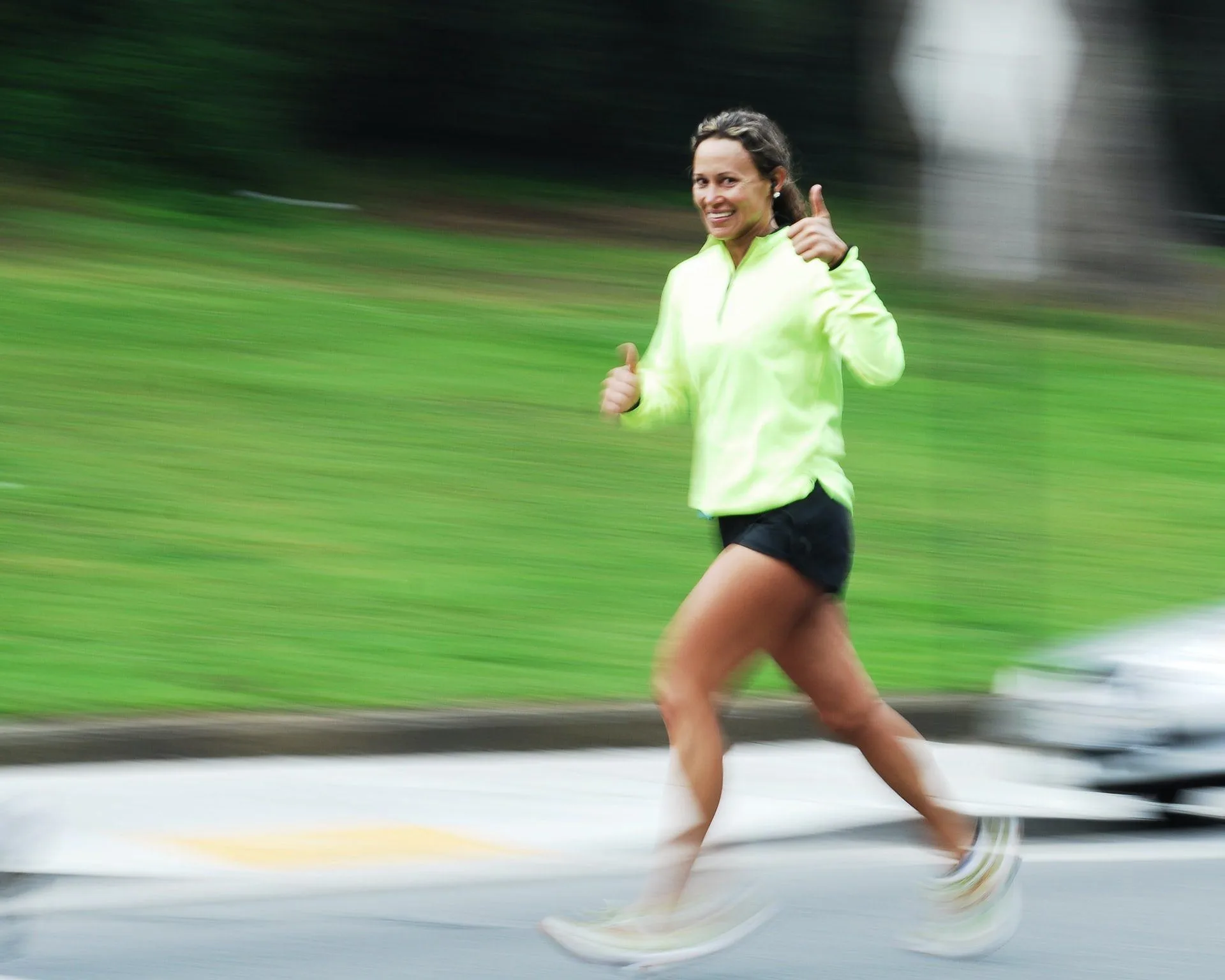The quest for longevity continues. As researchers discover compounds that can help combat premature aging, as well as promote our longevity, there’s been a growing interest in sirtuins. So much so that they’ve been dubbed “the longevity genes.”
Sirtuins and Longevity: What Is The Link?
Sirtuins (SIRTs) are a group of seven proteins found in the body that regulate cell health. Sirtuin activity is closely linked to cellular processes in the body. They can have a significant influence on our health. For instance, sirtuin activity reduces as we age, and this may increase the risk for age-related conditions.
Past research has found that sirtuins can promote and extend lifespans in lower organisms like yeast and mice. Additionally, studies have also indicated that sirtuins may help to repair DNA damage. This is promising as DNA damage has been found to cause aging.
That said, research into exactly how sirtuins may affect human longevity is still limited. More research is underway to consider how these seven enzymes can protect our health in the long term.
How can sirtuins influence health?
1. Heart health
Heart disease is the leading cause of death worldwide, so it makes sense that researchers are looking at how sirtuins can support cardiovascular health.
According to a study from Cornell University, one of the sirtuins, SIRT5, was found to help promote heart health. The researchers found that SIRT5 was able to remove a harmful protein while testing mouse tissue. This forces the heart to work harder, which increases the risk of cardiovascular issues.
In a more recent study published last year in FASEB journal: official publication of the Federation of American Societies for Experimental Biology, researchers noted that SIRT2 may be an effective cardio-protective agent, guarding against the development of various heart diseases.
2. Neurodegenerative Diseases
The rates of neurodegenerative diseases such as Alzheimer’s disease, dementia, and Parkinson’s disease continue to rise. What’s more, a 2009 study found that declining levels of SIRT1 in the brain were associated with the progression of Alzheimer’s disease.
Neuroinflammation is inflammation that occurs within the brain and has been associated with an increased risk for Alzheimer’s disease. According to studies, sirtuins play a significant role in the regulation of neuroinflammation. However, as we age, the levels of sirtuins decline and this may then increase the risk of Alzheimer’s disease. Thus, as suggested by a study published in Frontiers in Cellular Neuroscience,
“strategies that activate sirtuin pathways in aging microglia may offer a new therapeutic avenue for the prevention or treatment of Alzheimer’s disease.”
How can I activate sirtuins?
While research on the effects of sirtuins on human health is still in its infancy, here are a few ways you can activate them in your body:

Support NAD+ levels
NAD+ (nicotinamide adenine dinucleotide) is a naturally occurring molecule found in the body and involved in a number of bodily processes. Sirtuin activation is heavily dependent on healthy NAD+ levels. Unfortunately, like sirtuins, the levels of NAD+ decline as we age.
Thankfully, NAD+ levels can be increased via NMN supplementation.
Eat plant-compounds – The Sirtfood Diet
The Sirtfood Diet is a diet that encourages you to consume foods that contain plant compounds that research has suggested may activate sirtuins in your body. These plant compounds include;
- Resveratrol – grapes, wine, grape juice, peanuts, cocoa, and berries of Vaccinium species, including blueberries, bilberries, and cranberries
- Quercetin – citrus foods, parsley, tea, grapes, olive oil, and blueberries
- Curcumin – turmeric and ginger
- Catechins – green tea, lentils, and plums
- Fisetin – strawberries, nuts, and tomatoes
If you are following the Sirtfood diet, you may notice a change in your health. However, this may have more to do with the fact that the diet encourages the consumption of plant-based foods and has less to do with the possible activation of sirtuins.

Photo by andrew dinh on Unsplash
Exercise
We know that exercise is great for health and longevity, but why? Well, according to one study, it may be because staying active activates sirtuins, particularly SIRT1 and SIRT3. So what does this have to do with your health?
Well, one 2020 study noted that SIRT1 has protective effects against neuroinflammation, which has been linked to the development of neurodegenerative diseases like Alzheimer’s and Parkinson’s. Could this be why they say that exercise keeps the brain young?
Moreover, SIRT3 has been found to significantly affect health and longevity. A recent study punished in Cells looked at the role of SIRT3 in exercise and aging. The study concluded that sedentary older people have nearly 40% reduced SIRT3 content compared with younger people and that high SIRT3 expression levels are associated with human longevity.
Takeaway
The fountain of youth has not exactly been discovered. However, emerging research suggests sirtuins could feature as an ingredient for longevity. Alas, more human-based research is still needed to better determine just how exactly sirtuins can boost our healthspan.
MAIN IMAGE CREDIT: Photo by Lucas Pezeta
Want to know more?
Sirtuins aren’t the only compounds getting attention for their longevity-boosting properties. Researchers are looking at which compounds may help us accomplish healthy aging, one of which could be the anti-diabetic drug metformin.
References
Fernando, K., & Wijayasinghe, Y. S. (2021). Sirtuins as Potential Therapeutic Targets for Mitigating Neuroinflammation Associated With Alzheimer’s Disease. Frontiers in cellular neuroscience, 15, 746631. https://doi.org/10.3389/fncel.2021.746631
Jiao, F., & Gong, Z. (2020). The Beneficial Roles of SIRT1 in Neuroinflammation-Related Diseases. Oxidative medicine and cellular longevity, 2020, 6782872. https://doi.org/10.1155/2020/6782872
Julien, C., Tremblay, C., Emond, V., Lebbadi, M., Salem, N., Jr, Bennett, D. A., & Calon, F. (2009). Sirtuin 1 reduction parallels the accumulation of tau in Alzheimer disease. Journal of neuropathology and experimental neurology, 68(1), 48–58. https://doi.org/10.1097/NEN.0b013e3181922348
Meng, F., Qian, M., Peng, B., Peng, L., et al. (2020). Synergy between SIRT1 and SIRT6 helps recognize DNA breaks and potentiates the DNA damage response and repair in humans and mice. eLife, 9, e55828. https://doi.org/10.7554/eLife.55828
Taneja, A., Ravi, V., Hong, J. Y., Lin, H., & Sundaresan, N. R. (2021). Emerging roles of Sirtuin 2 in cardiovascular diseases. FASEB journal : official publication of the Federation of American Societies for Experimental Biology, 35(10), e21841. https://doi.org/10.1096/fj.202100490R
Zhao, L., Cao, J., Hu, K., He, X., Yun, D., Tong, T., & Han, L. (2020). Sirtuins and their Biological Relevance in Aging and Age-Related Diseases. Aging and disease, 11(4), 927–945. https://doi.org/10.14336/AD.2019.0820
Zhou, L., Pinho, R., Gu, Y., & Radak, Z. (2022). The Role of SIRT3 in Exercise and Aging. Cells, 11(16), 2596. https://doi.org/10.3390/cells11162596




![women [longevity live]](https://longevitylive.com/wp-content/uploads/2020/01/photo-of-women-walking-down-the-street-1116984-100x100.jpg)










